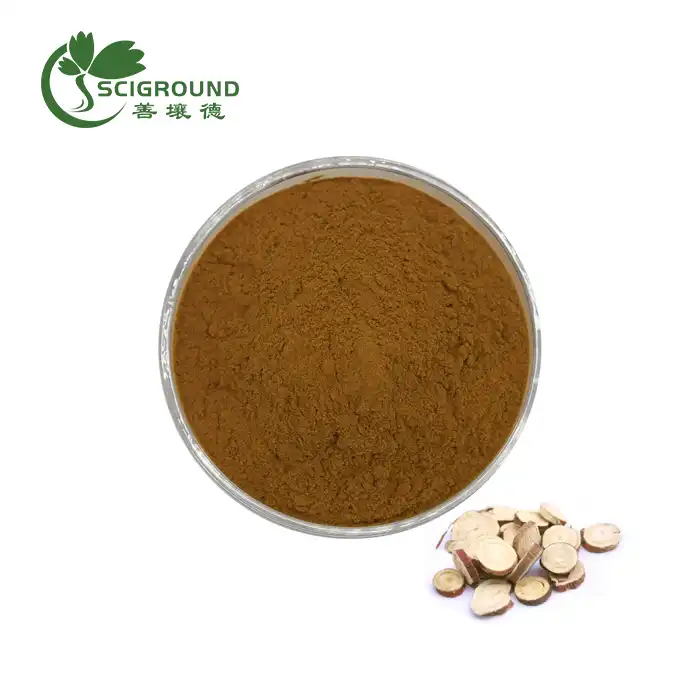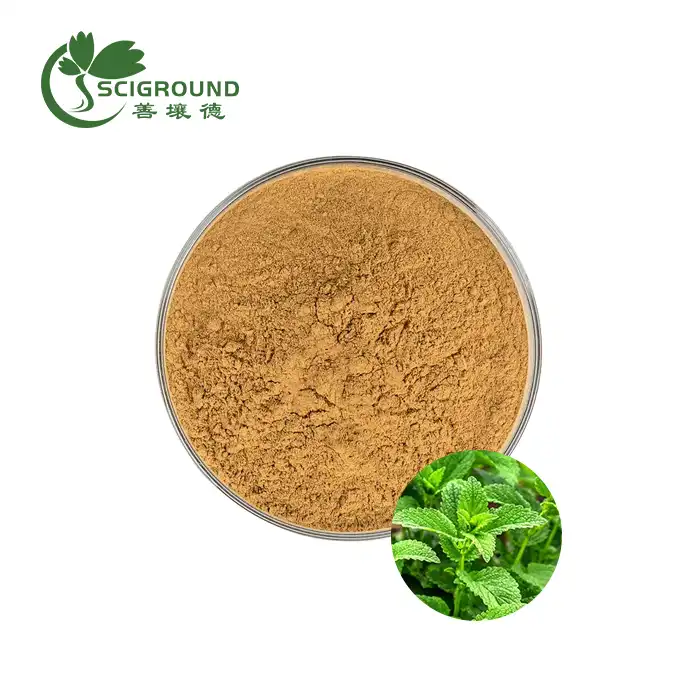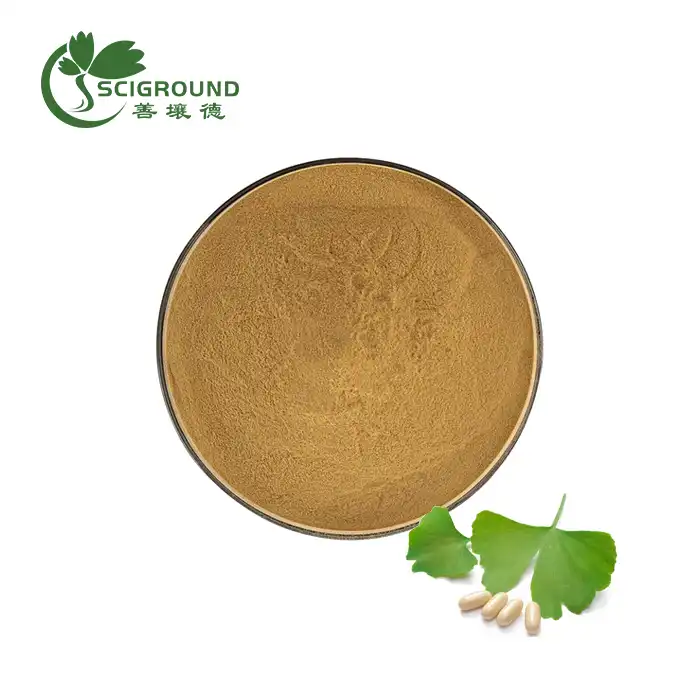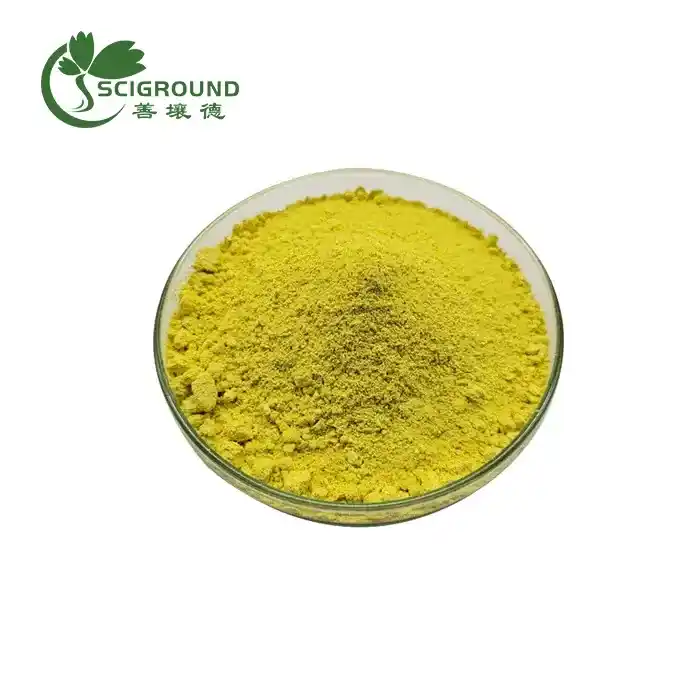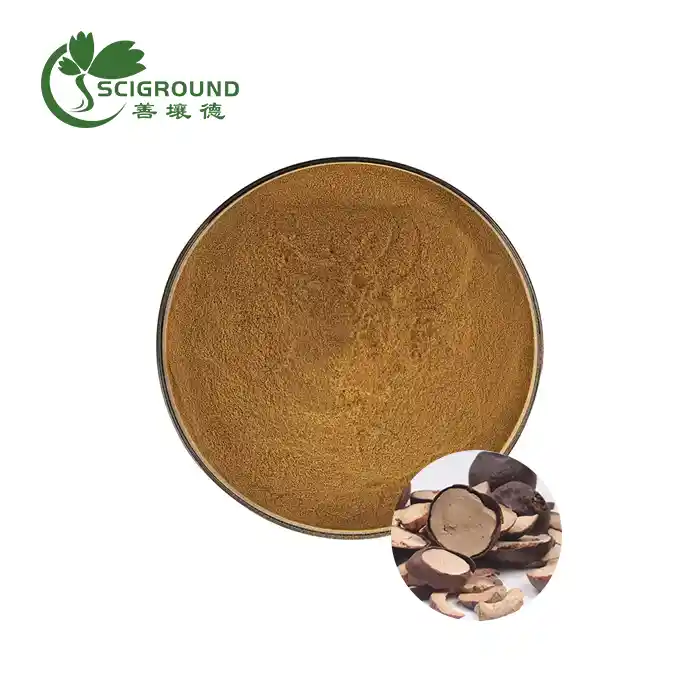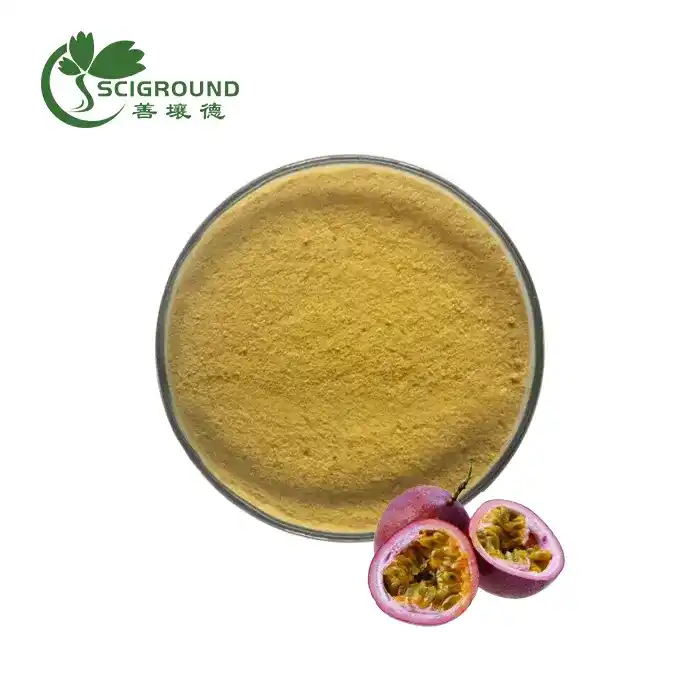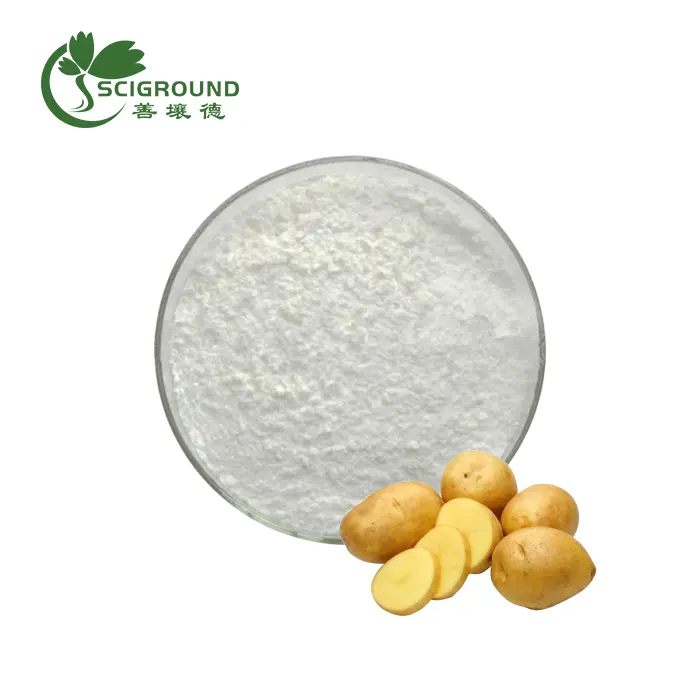how is organic pumpkin seed protein powder made
Welcome to Sciground, where we delve into the fascinating world of natural nutrition. In this article, we will explore the process of creating organic pumpkin seed protein powder. This plant-based protein source has gained popularity among health enthusiasts for its nutritional value and versatility. Join us as we discuss the methods and benefits of making this incredible powder.
How is pumpkin seed protein powder made?
The production of pumpkin protein powder begins with sourcing high-quality organic pumpkin seeds. The seeds are carefully selected and cleaned to remove any impurities. They are then dried to reduce moisture content. Next, the seeds undergo a milling process to break them down into a fine powder. To obtain the protein-rich powder, the milled pumpkin seeds go through a separation process. This process involves removing the outer shell of the seeds, also known as the hull. The remaining kernel, which is rich in protein, is further processed to create a smooth and easily digestible powder.
How do you make pumpkin seed powder?
In addition to protein powder, pumpkin seed powder is also widely used for various culinary purposes. The process of making pumpkin seed powder is similar to that of protein powder, but with a few variations. To make pumpkin seed powder, the seeds are first roasted to enhance their flavor and aroma. Roasting also helps in removing any excess moisture from the seeds, which aids in powder production. The roasted seeds are then ground into a fine powder using a food processor or grinder. The resulting powder can be used as a gluten-free alternative in baking or as a nutritious add-on to smoothies, soups, and other dishes. Pumpkin seed powder not only adds a nutty flavor but also increases the nutritional content of your meals.

Key Considerations and Usage Tips:
Allergies and Sensitivities:
Individuals with allergies to seeds or nuts should exercise caution, as pumpkin seeds are seeds, and cross-reactivity is possible.
Always check product labels for potential allergens and consult with a healthcare professional if there are concerns about allergies.
Protein Content:
Pumpkin seed protein powder is a rich source of plant-based protein, providing essential amino acids. Incorporate it into your diet to support muscle development, repair, and overall protein intake.
Nutritional Boost:
Beyond protein, pumpkin seed powder contains essential nutrients such as magnesium, zinc, and iron. Enjoy the powder as part of a balanced diet to enhance overall nutritional intake.
Versatility in Recipes:
It has a mildly nutty flavor, making it versatile for various recipes. Add it to smoothies, yogurt, oatmeal, or use it as a baking ingredient to boost the nutritional profile of your meals.
Digestive Considerations:
Some individuals may experience digestive discomfort when introducing new sources of fiber or protein. Start with small amounts and gradually increase to allow your digestive system to adjust.
Organic Certification:
Opt for certified organic pumpkin protein powder to ensure it is free from synthetic pesticides and herbicides. Organic products often retain a higher level of overall quality.
Storage Guidelines:
Store the pumpkin supplement powder in a cool, dark place and keep it sealed to maintain freshness. Avoid exposure to heat and sunlight, as these can affect the nutritional integrity of the powder.
Hydration:
Ensure an adequate intake of fluids when consuming it, as it contributes to daily protein needs. Staying hydrated supports proper digestion and utilization of nutrients.
Consultation with Healthcare Professionals:
Individuals with existing medical conditions or those taking medications should consult healthcare professionals before incorporating new supplements, including pumpkin protein powder, into their diet.
Balanced Diet Approach:
While pumpkin seed protein powder offers nutritional benefits, it should be part of a well-balanced diet. Rely on a variety of foods to meet overall dietary requirements.
Remember that individual responses to supplements may vary, and it's essential to listen to your body. If you experience any adverse reactions, discontinue use and seek advice from a healthcare professional.
What is organic pumpkin protein powder?
Organic pumpkin protein powder is derived from pumpkin seeds that are grown without the use of synthetic pesticides, herbicides, or genetically modified organisms (GMOs). This ensures that the final product is free from harmful chemicals and retains its natural goodness. Organic pumpkin protein powder is an excellent source of plant-based protein, containing all essential amino acids.
It is also rich in other vital nutrients such as fiber, vitamins, and minerals. This makes it a valuable addition to any diet, especially for vegans, vegetarians, or those looking to expand their protein options. Not only does organic pumpkin protein powder boast an impressive nutrient profile, but it also offers several health benefits. It supports muscle growth and repair, aids in weight management, and promotes heart health. Additionally, its high fiber content helps regulate digestion and promotes a healthy gut.
Conclusion
Organic pumpkin seed protein powder is made by carefully selecting and processing organic pumpkin seeds. The resulting powder is a nutritious and versatile ingredient that can be used in various culinary preparations. Whether you are looking to enhance your protein intake or add a boost of nutrients to your meals, organic pumpkin seed protein powder is a fantastic choice. Try incorporating this natural and sustainable protein source into your diet and experience its many health benefits!
References:
Goyal, A., Sharma, V., Upadhyay, N., Gill, S., & Sihag, M. (2014). Flax and flaxseed oil: an ancient medicine & modern functional food. Journal of Food Science and Technology, 51(9), 1633–1653. doi:10.1007/s13197-013-1247-9
Korus, J. (2011). Contribution of roasting to characteristic aroma of cold-pressed pumpkin seed oil. European Journal of Lipid Science and Technology, 113(11), 1421–1429. doi:10.1002/ejlt.201100046
Michalczyk, M., Maciejczak, M., & Rudzińska, M. (2018). Chemical composition and oxidative stability of flax, perilla, and chia seed oils. Journal of the American Oil Chemists' Society, 95(5), 525–534. doi:10.1002/aocs.12056
Related Industry Knowledge
- What is algal DHA oil?
- Why is Rice Protein Powder Good for You
- Does horseradish lower blood pressure?
- What is horseradish powder used for?
- how to make dandelion root extract
- Is hydrolyzed wheat protein the same as gluten?
- What are the benefits of Ganoderma lucidum?
- Inulin Weight Loss
- Vitamin b1 vs b2
- Lentinus Edodes Polypeptide: The Power of Shiitake Mushroom Extract
